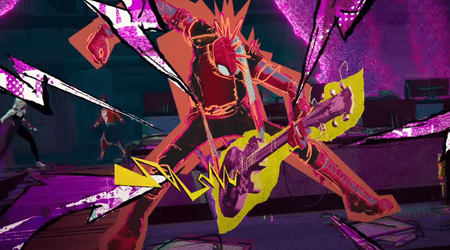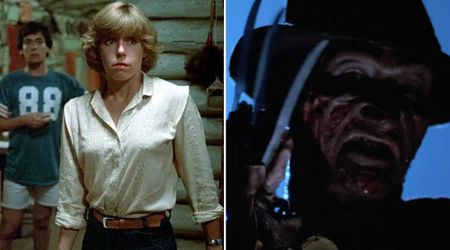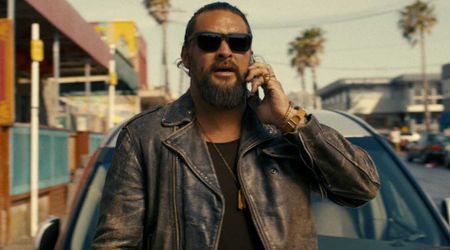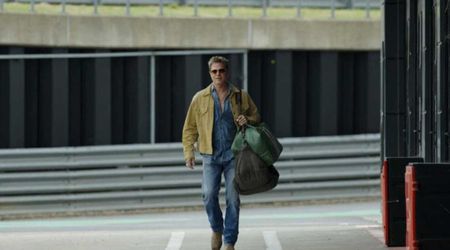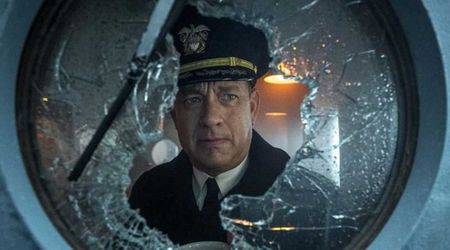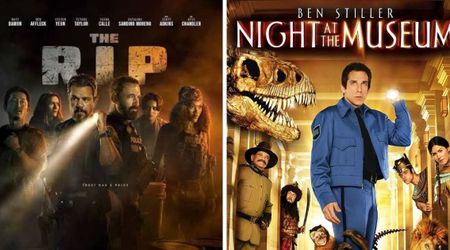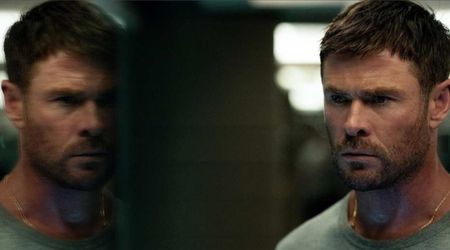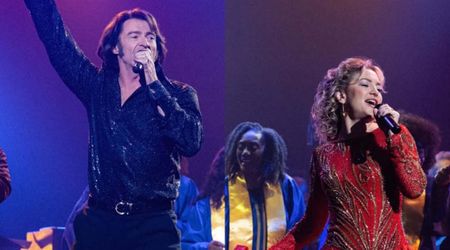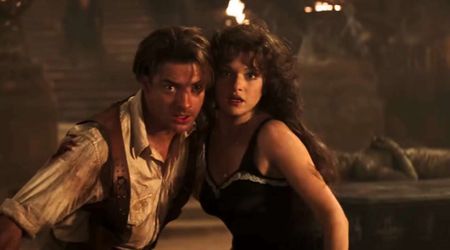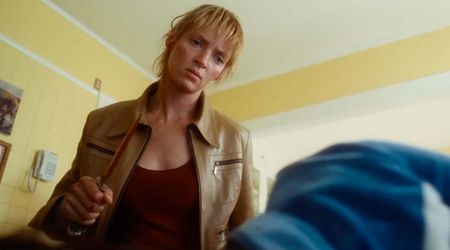‘The Trial of the Chicago 7’: Was the Conspiracy Office real and does it still exist? Here's why it was created

Aaron Sorkin's ‘The Trial of the Chicago 7’ tuns back the pages of history to depict how eight defendants faced an unjust judge in one of the most bizarre and momentous trials in American history. As Tom Hayden (Eddie Redmayne) and Rennie Davis of the Students for a Democratic Society, counter-culture Yippies Abbie Hoffman (Sacha Baron Cohen) and Jerry Rubin (Jeremy Strong), MOBE organizers David Dellinger (John Carroll Lynch), John Froines (Daniel Flaherty), and Lee Weiner (Noah Robbins) fought against the government with civil rights attorney William Kunstler (Mark Rylance), the movie pin-points to a group called The Conspiracy
The phone rings. A female voice answers: “Conspiracy office, can you hold on?” That's our first introduction to the space where the members used to hold their meetings. Production Designer Shane Valentino describes how his built sets for the interiors. A cut stone townhouse in Paterson’s Eastside Park Historic District served as the home for the defendants’ headquarters, ironically dubbed "The Conspiracy Office". Valentino said: “The Conspiracy Office almost becomes this amalgamation of all the defendants.” In designing the space, he leaned into subtlety rather than the psychedelia that many associate with the era. He added, “I tried to have a little bit more restraint, otherwise we’d be slipping into caricature and that doesn’t really do a service to the tone of the film. When the actors are in that space, they’re supposed to inhabit it in the same way so that they don’t become caricatures either.”
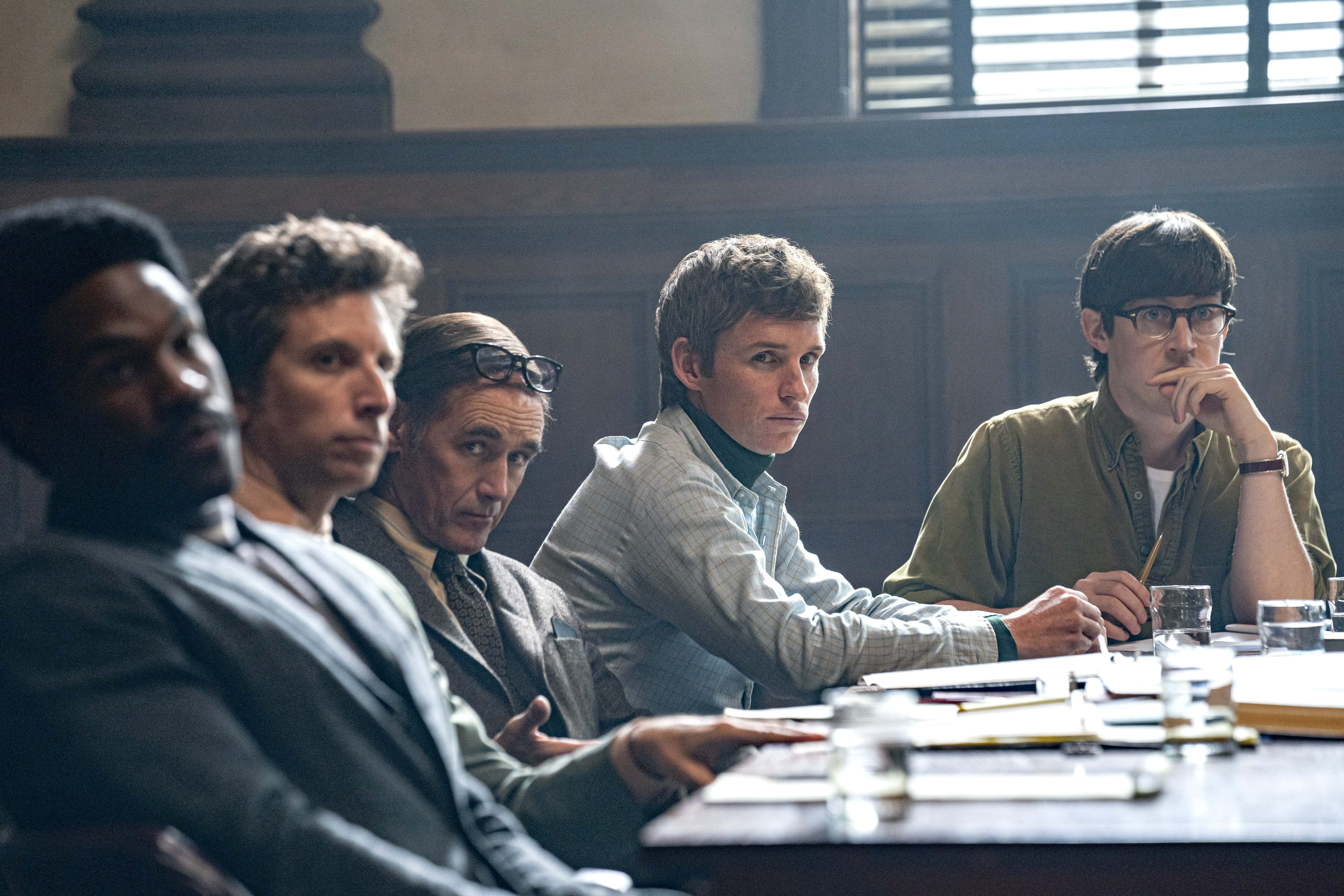
Was the Conspiracy real and does it still exist?
The Conspiracy: Ironic name for committee to defend conspiracy
In real life, the Chicago Seven actually had that committee. As per the documents registered at the Federal Judicial Center, a committee of notable writers, academics and performers called for financial support of the defendants as they approached the start of the trial. The committee warned that the indictment was part of a government effort to silence political dissent and warned that prosecutions under the Anti-Riot Act, which criminalized intent rather than actions, would lead to a “police state”.
The committee was formed to educate the public about the issues that had brought the demonstrators to the Chicago convention. A week before this letter was published, Rennie Davis held a press conference in Chicago to announce fundraising for the legal fees. The defendants now referred to themselves as “The Conspiracy” and they planned meetings across the country to educate the public about the impending trial and “to raise questions of who are the criminals in America today”. The group soon organized a large group of sponsors for a national campaign built around the following statement:
“Eight political activists who were prominent in the mass demonstrations of protest during the Democratic National Convention in Chicago are now under federal indictment for criminal conspiracy. They are the first persons to be so charged under Title 18 of the Civil Rights Act of 1968 which makes it a felony to “travel in interstate commerce... with the intent to incite, promote, encourage, participate in and carry on a riot...”
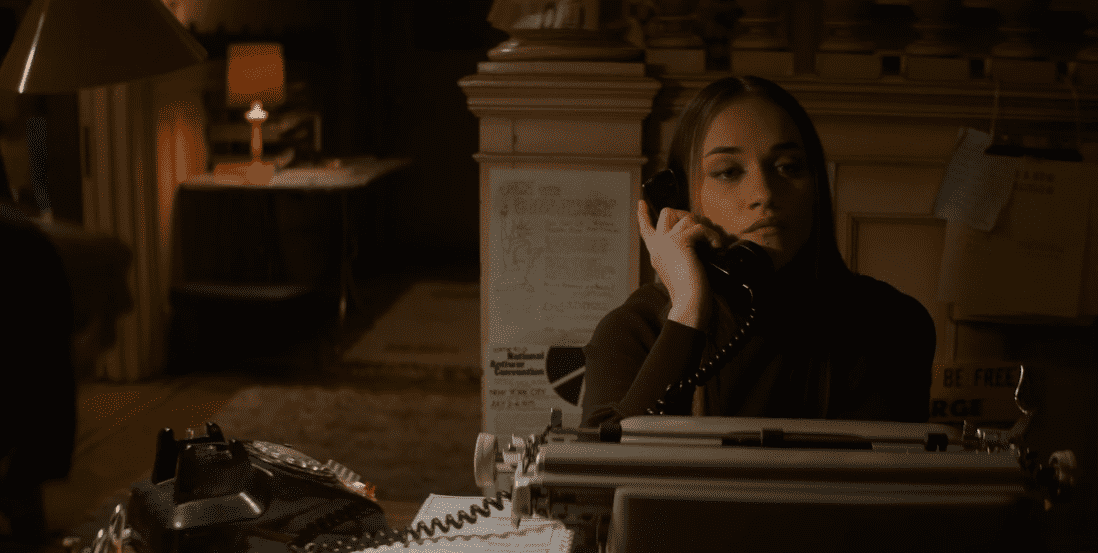
The statement went on to highlight how “the effect of this ‘anti-riot’ act is to subvert the first Amendment guarantee of free assembly by equating organized political protest with organized violence”. It read: “In this decade, countless Americans have contributed to the revitalization of politics through freedom rides, peace marches and other demonstrations of protest against impacted political institutions. Yet, from Bull Connor’s Birmingham to Richard Daley’s Chicago, civil authorities have employed police violence to suppress ‘the right of the people peaceably to assemble,’ repeatedly invoking the specters of conspiracy, incitement and riot. The Justice Department has now joined the assault on free political action.”
It further read: “The ‘anti-riot’ clause and the indictment in Chicago are legally and Constitutionally dubious. While acts of violence, incitement and disruption are explicitly covered by numerous, long-established state and local laws, conspiracy — which deals not with act but with intent — is a vague concept at best. Prosecution for conspiracy requires no proof of the commission of a crime, nor even of an attempt.”
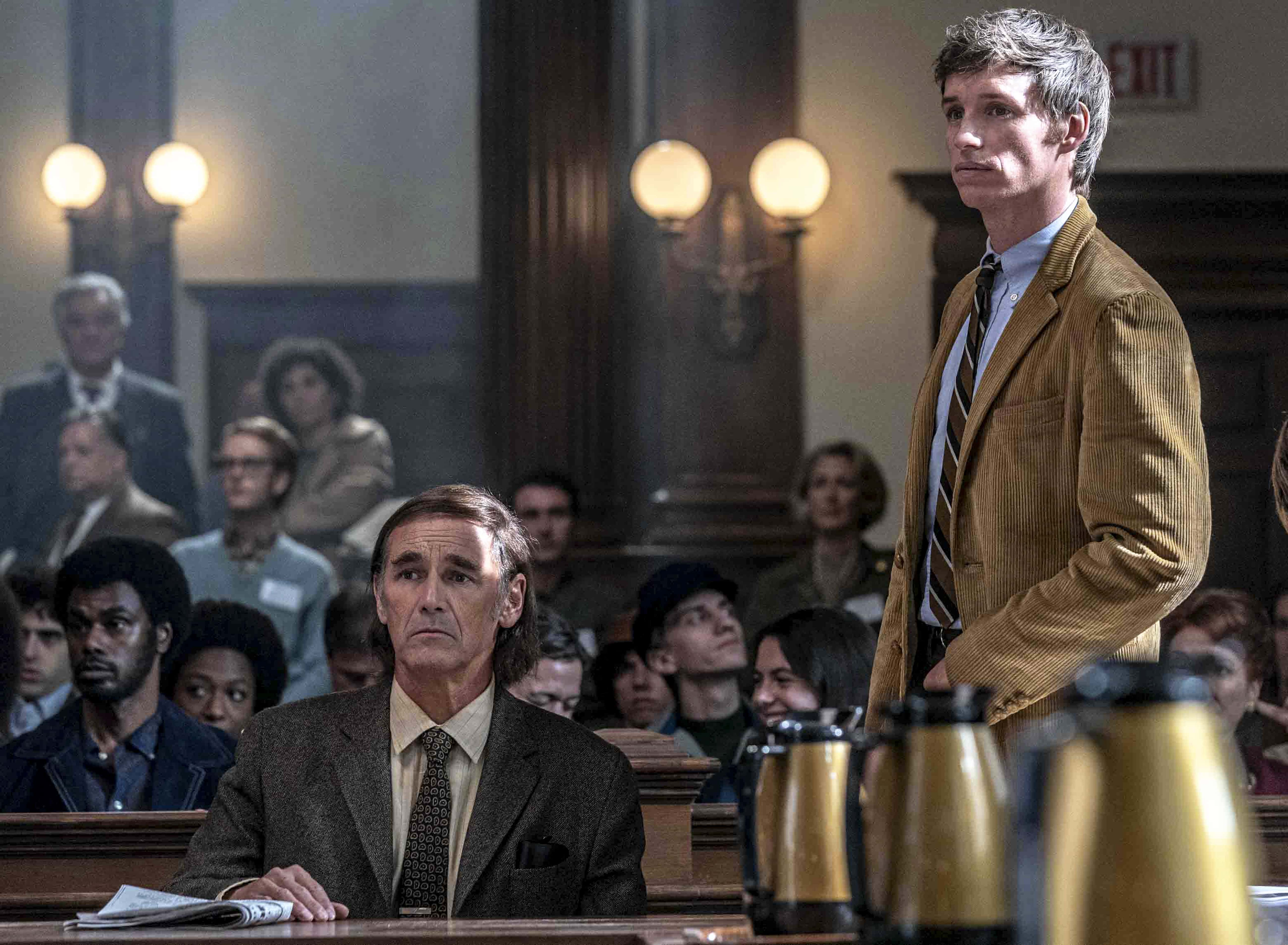
The Chicago Seven: 1960s' radicalism in federal courts
The official documents read: “It is especially surprising that this new law should first be tested in connection with the Chicago disorders. For the events of convention week do reveal, with terrible clarity, that it is local authority and police who decide whether violence attends civil demonstration. In this case, the responsibility of the Chicago authorities is the more striking when it is remembered that several of the eight men under indictment have helped to organize major public demonstrations in other cities, both before and after the week of the Democratic National Convention. None of these demonstrations resulted in riot...”
Through their trial they wished to carry forward “the first constitutional challenge to the anti-riot act”. Moreover, they wanted to refocus public attention on the root issues that brought them and thousands of others to Chicago and the Democratic National Convention — the war, racism, the widening power of the military-academic-industrial complex, the enfeeblement of the nation’s political process.
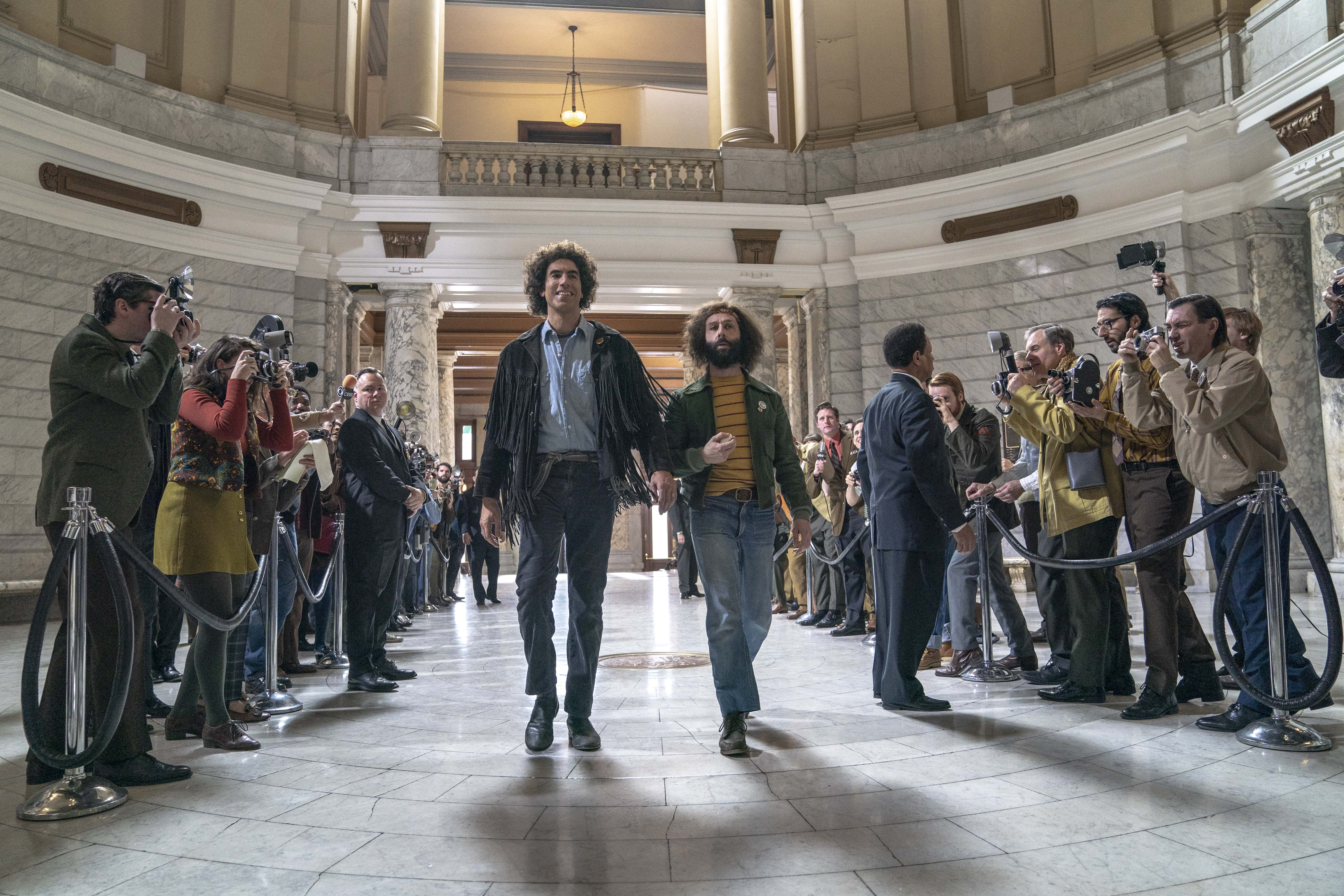
The documents explained: As a sign of their refusal to be intimidated by the scare label the government would hang upon them, the defendants are calling themselves The Conspiracy; and they are inviting other Americans who are similarly committed to a radical change in this nation to join The Conspiracy. They are also appealing for financial and moral support to Americans who find in this indictment disturbing implications for the safeguard of constitutional liberty and democratic political life.
However, The Conspiracy Office doesn't exist now as it was created just for the purpose to defend the case. At the end of the case, Abbie Hoffman, Tom Hayden, David Dellinger, Jerry Rubin and Rennie Davis were found guilty of incitement to riot and sentenced to five years each in federal prison. The verdict was reversed by the Seventh Circuit Court of Appeals and a new trial was ordered. But, the US Attorney declined to retry the case. Meanwhile, lawyer William Kunstler was charged with 24 counts of contempt of court.
'The Trial of the Chicago 7’ started streaming on Netflix on Friday, October 16, 2020.

